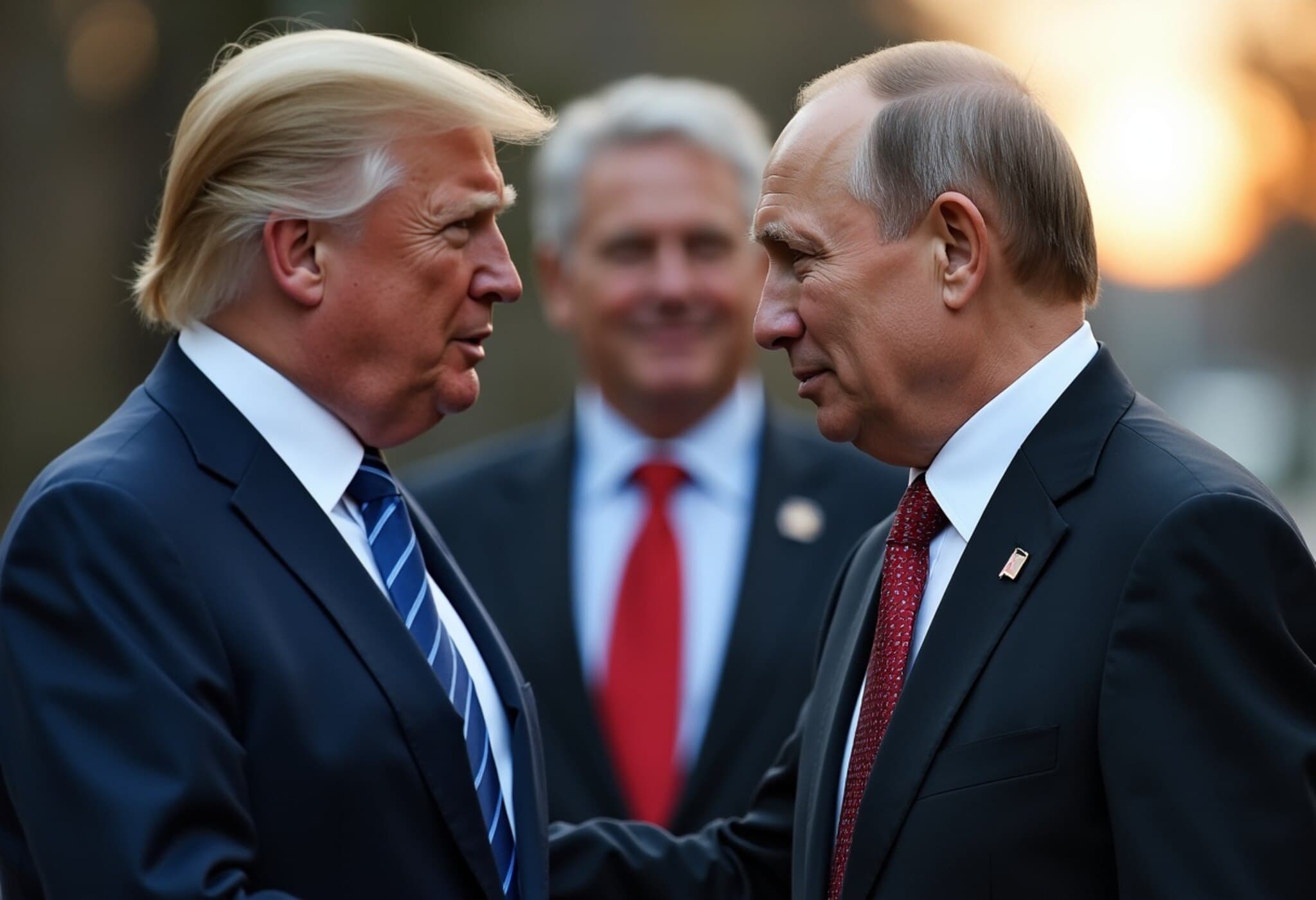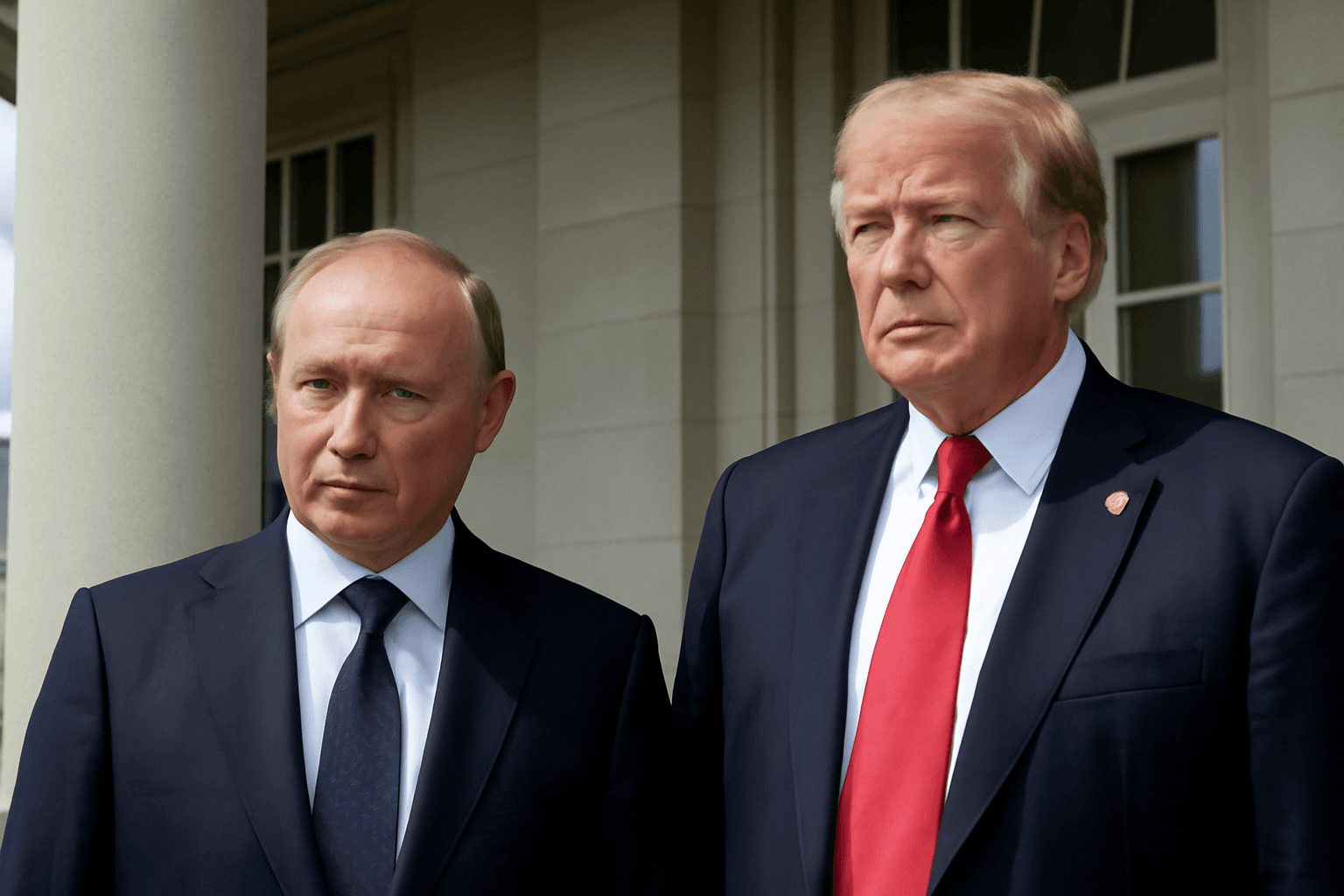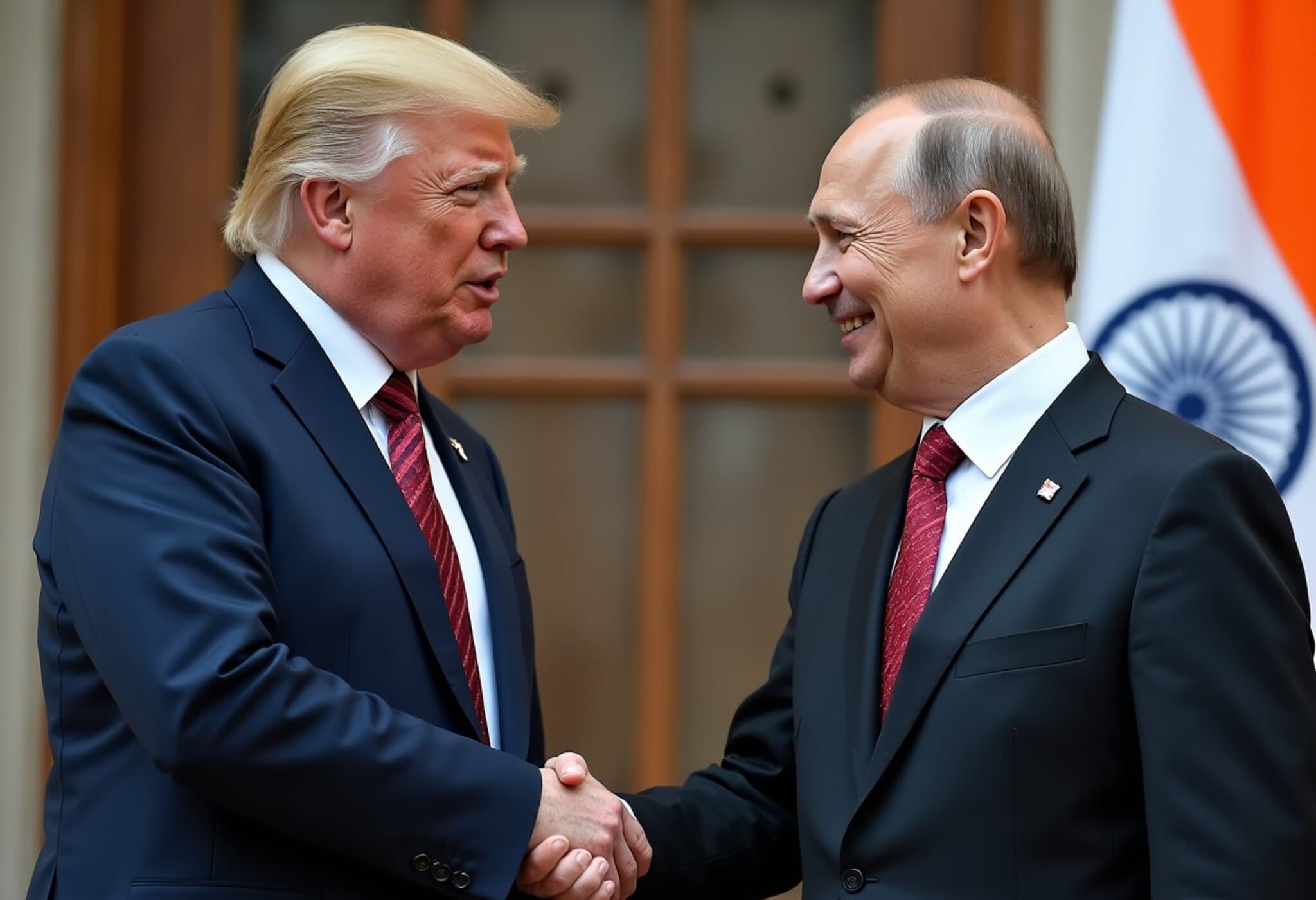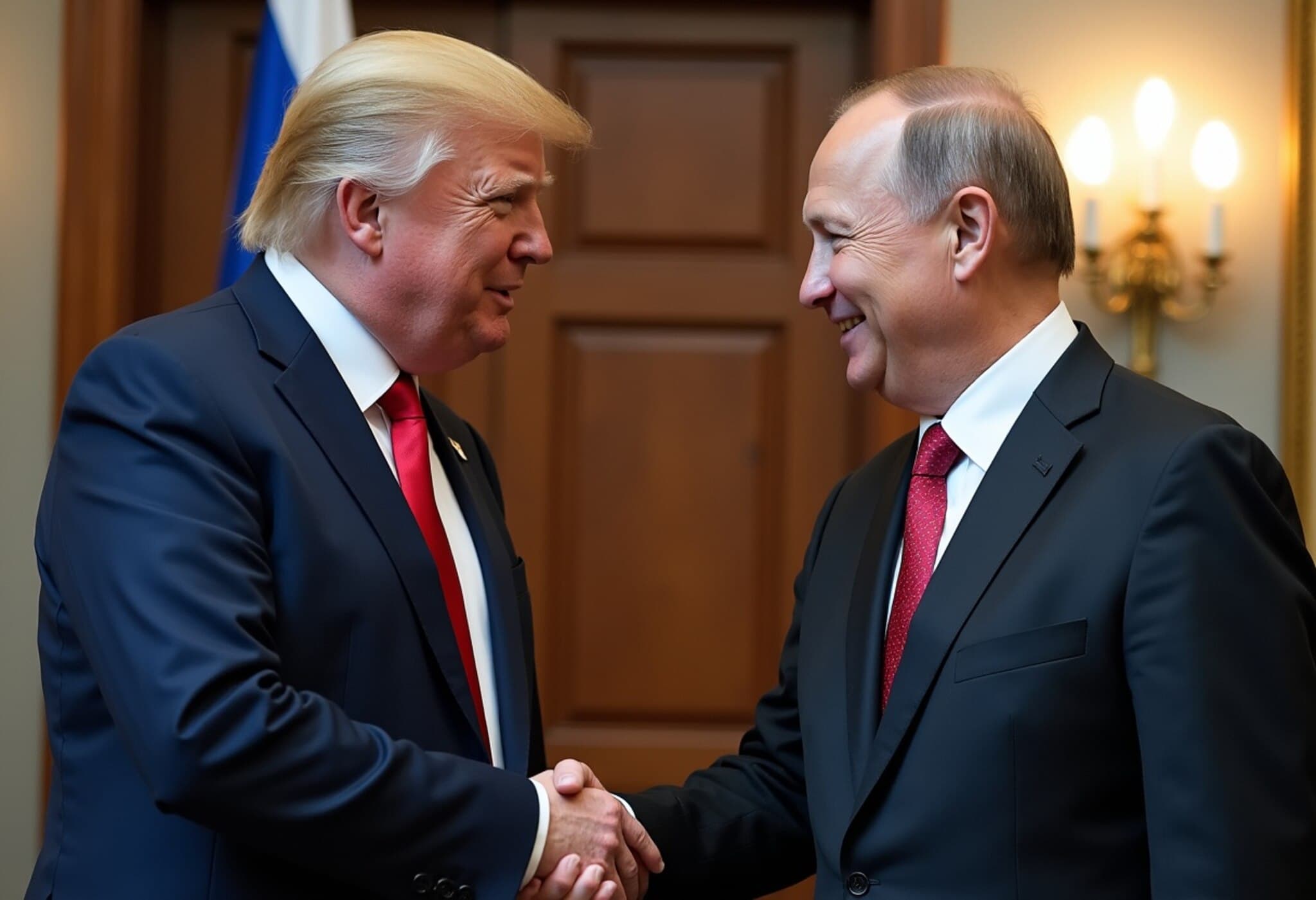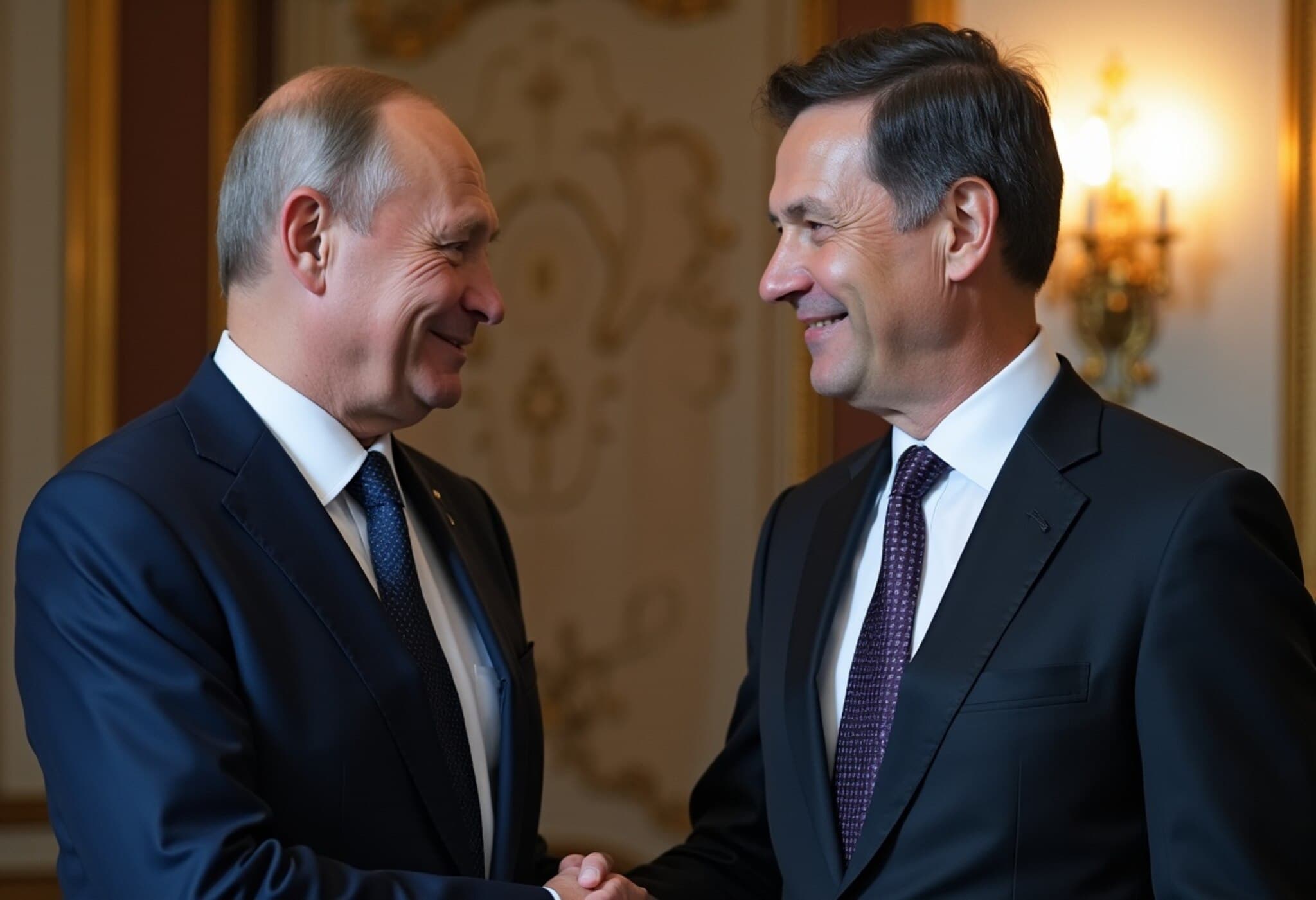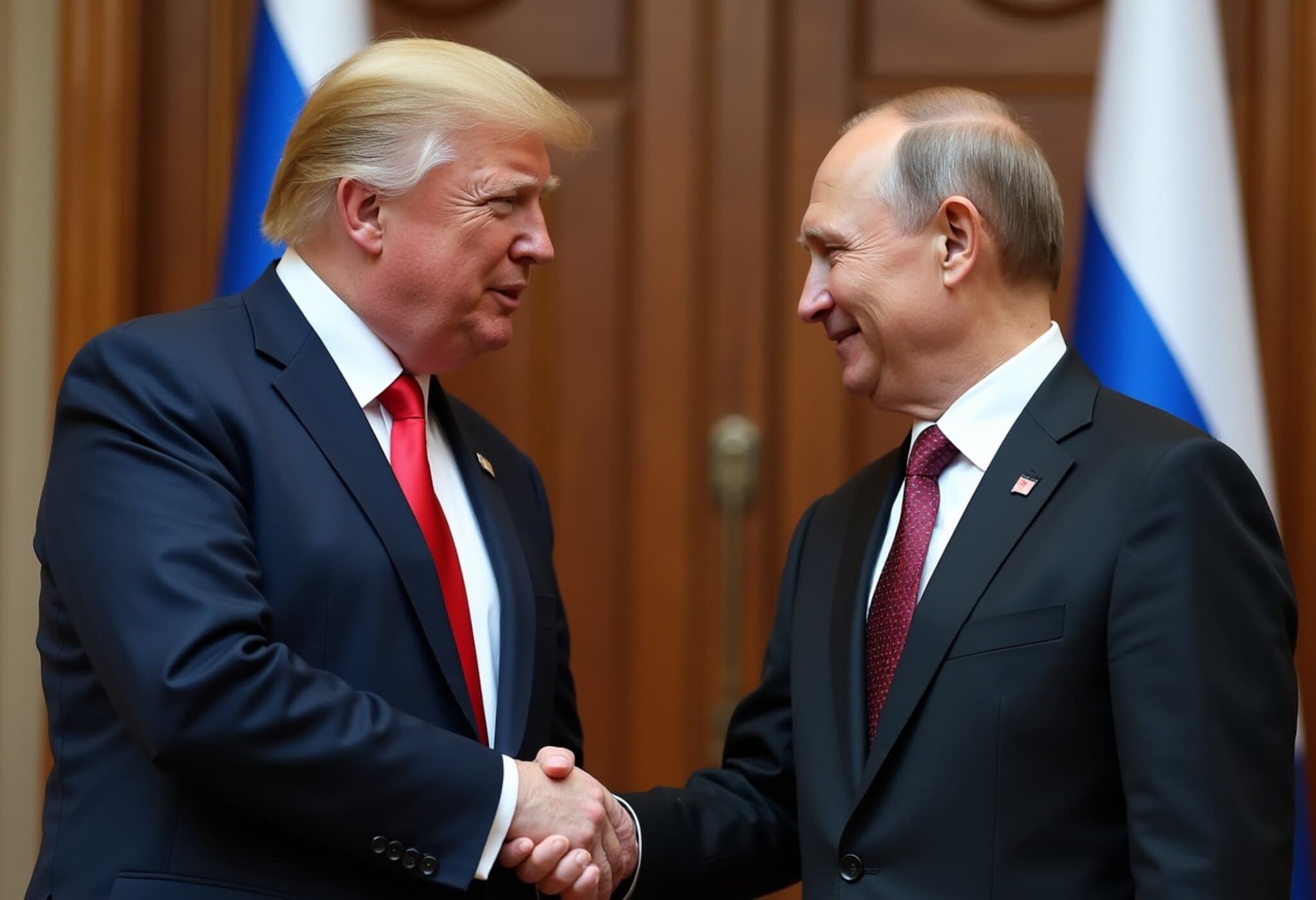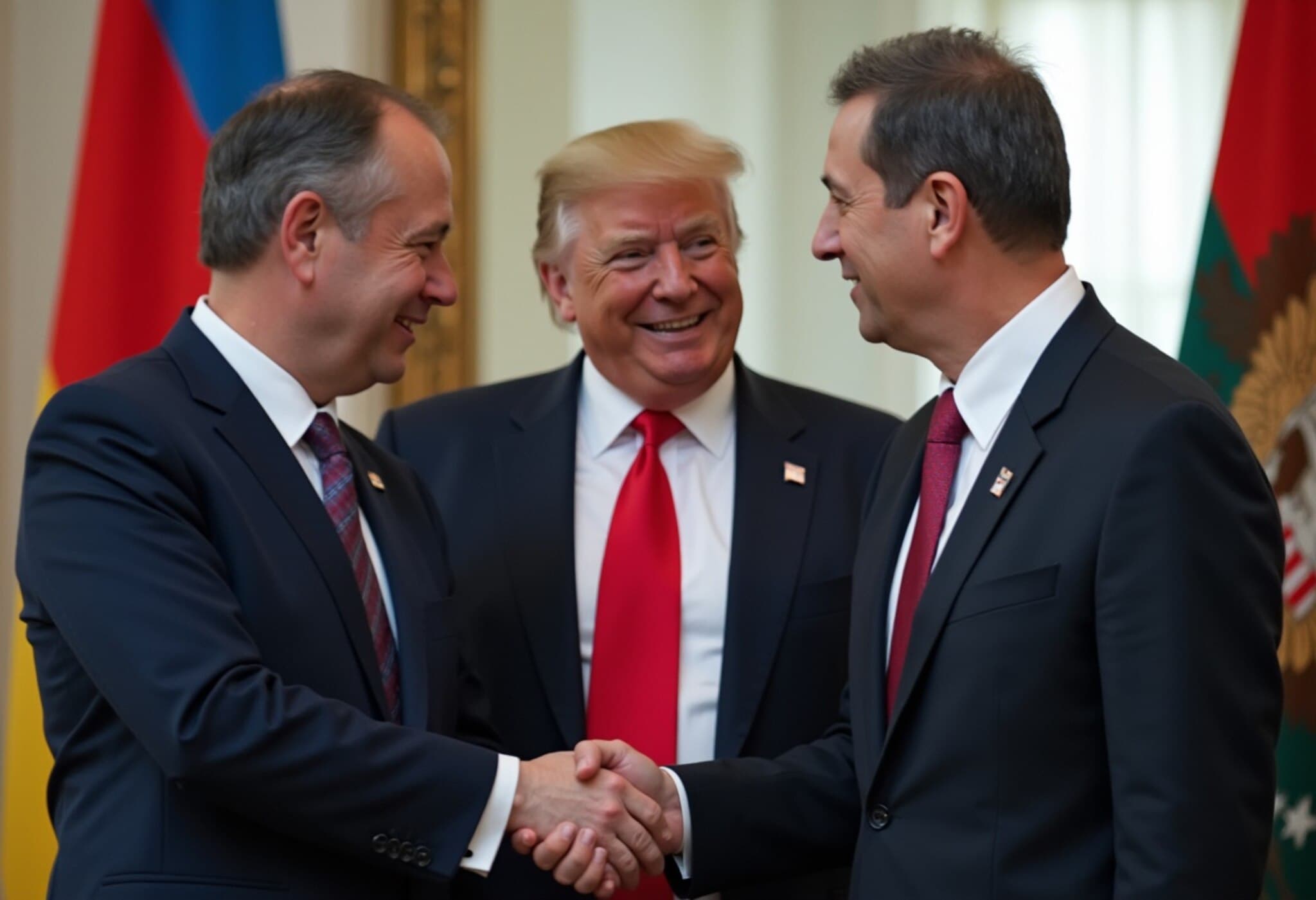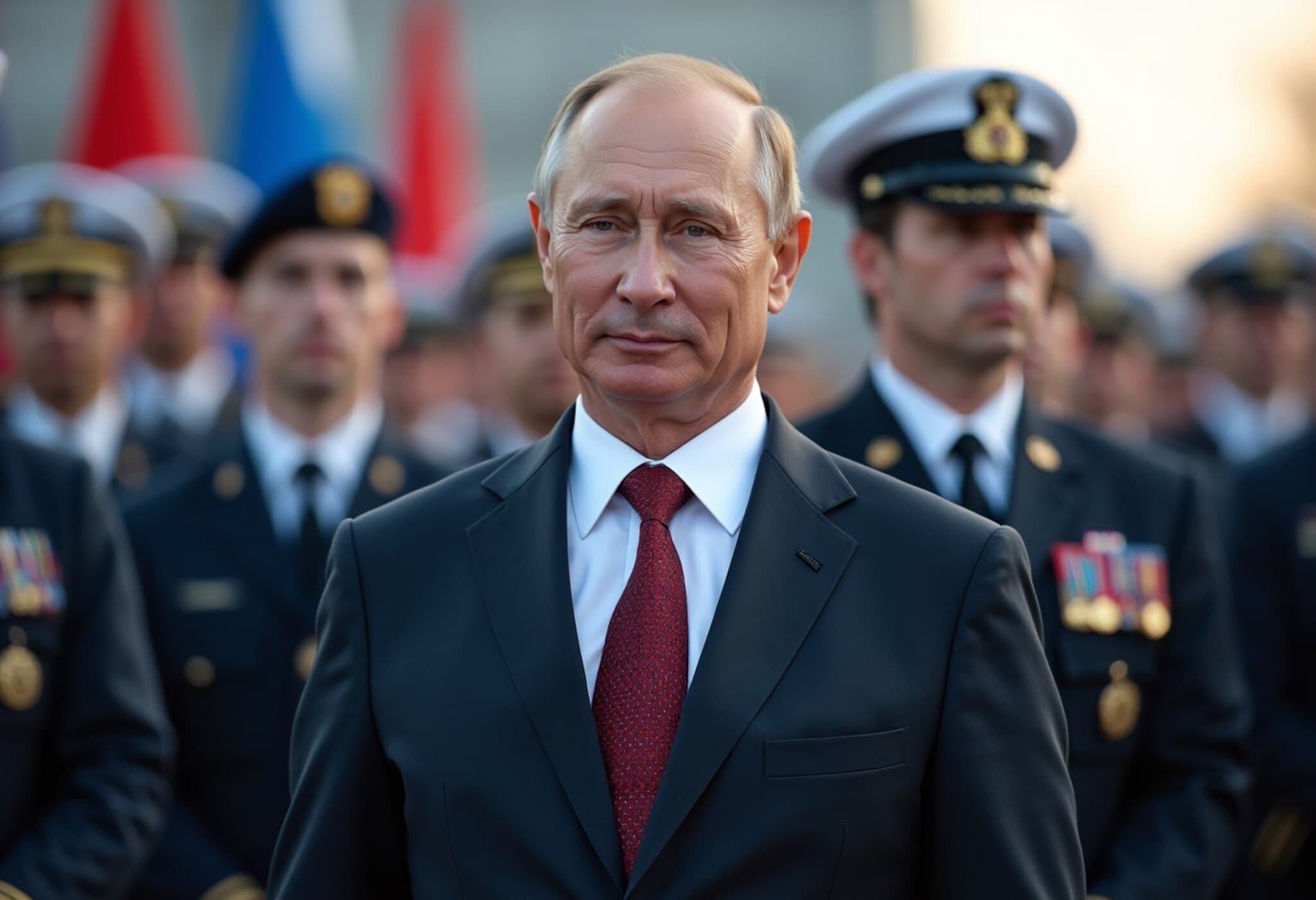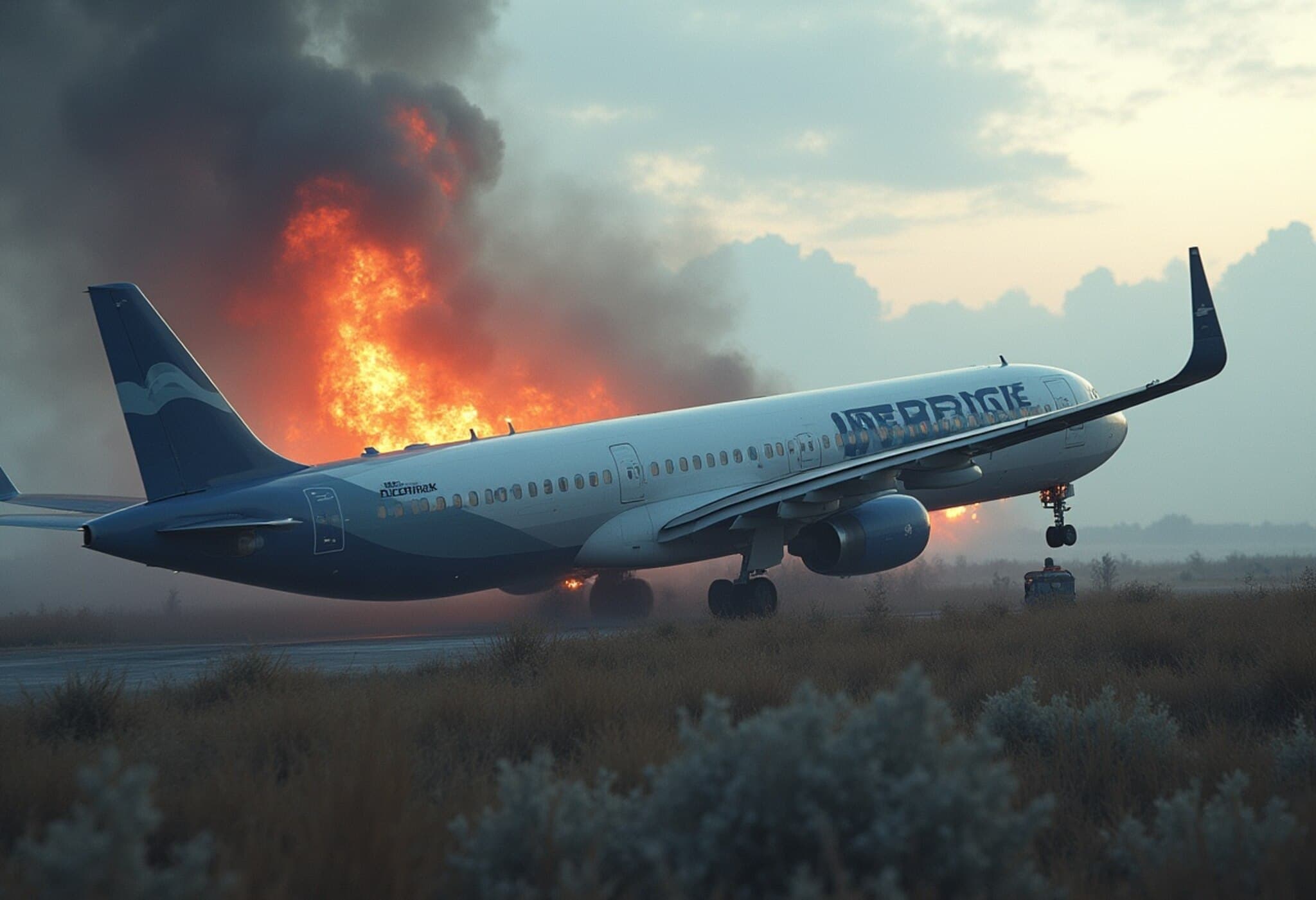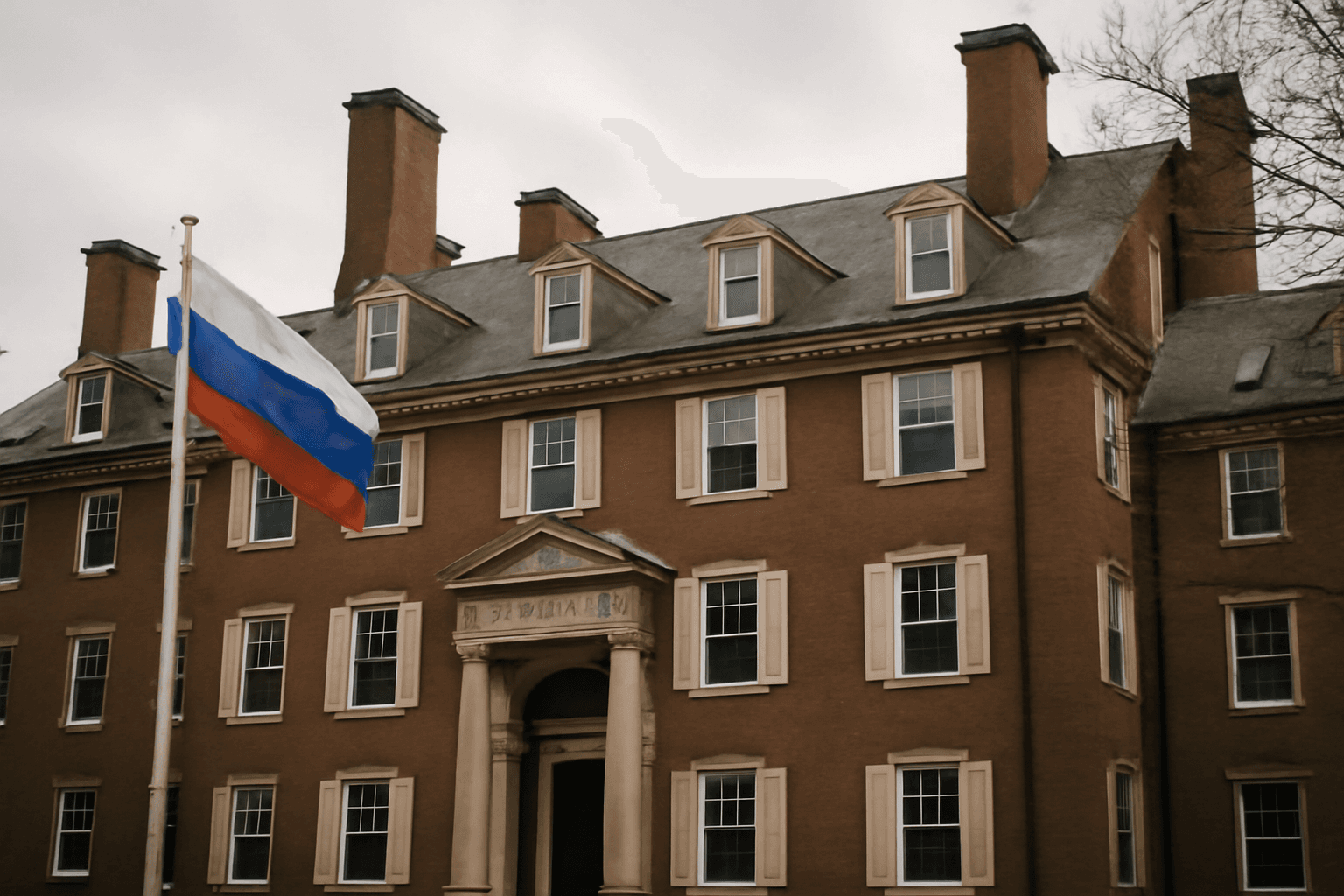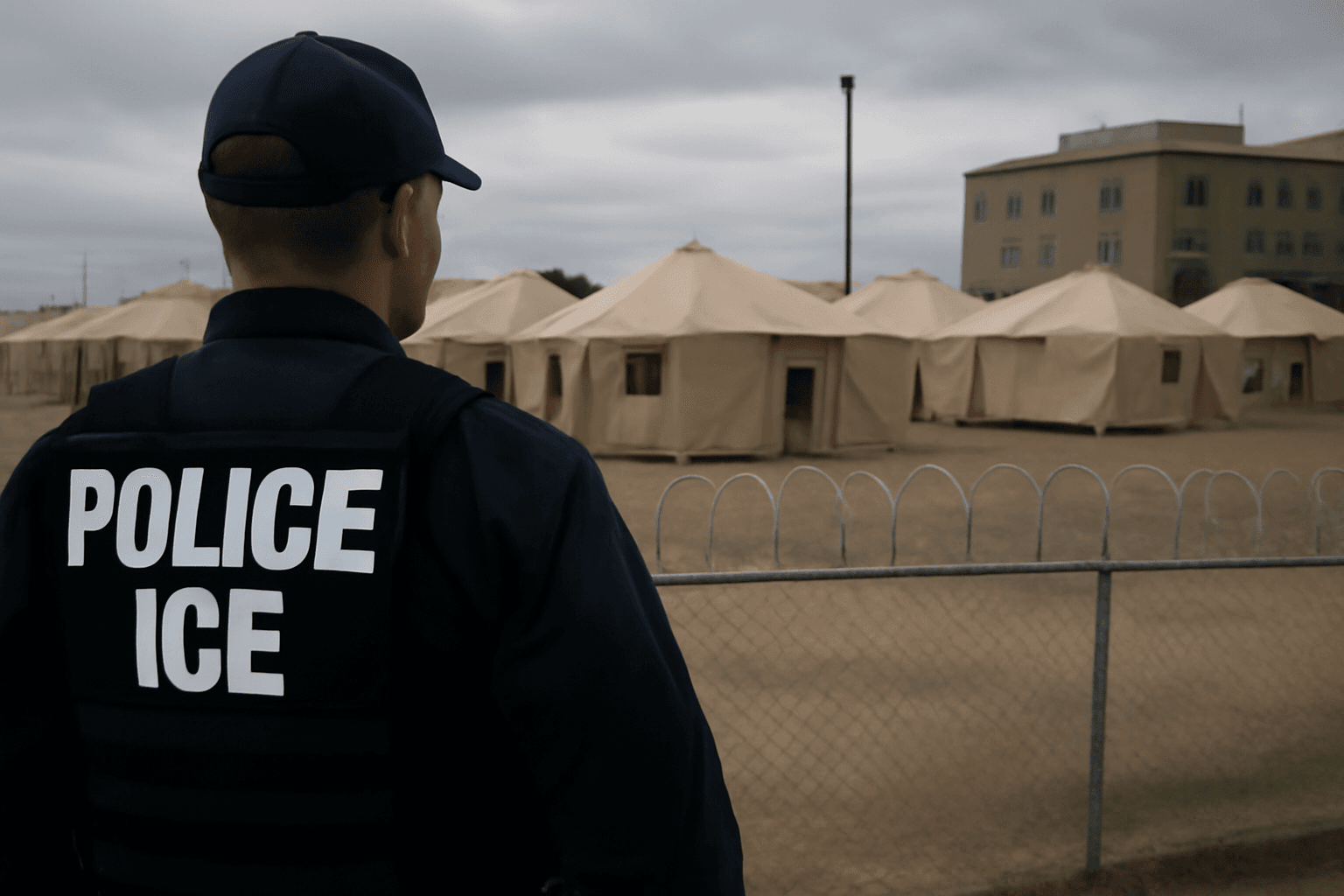Azerbaijan’s President Calls for Russian Accountability Over Downed Passenger Plane
In a recent and unequivocal statement, Azerbaijan’s President Ilham Aliyev publicly urged Russia to formally recognize and accept responsibility for the accidental downing of an Azerbaijani passenger airplane in December 2024. The tragic incident resulted in the deaths of 38 individuals and has cast a long shadow over the complex relationship between Baku and Moscow.
The Incident: What Really Happened?
Flight J2-8243 was travelling from Baku, Azerbaijan's capital, to Grozny, the capital of Chechnya, when it was tragically caught in the crossfire of escalating military tensions. The plane crash-landed near Aktau, Kazakhstan, after Russian air defenses allegedly fired on drones believed to be Ukrainian, inadvertently hitting the Azerbaijan Airlines aircraft instead. While President Vladimir Putin initially offered condolences, he refrained from admitting direct Russian involvement in the downing of the airliner.
Aliyev’s Demand: A Call for Justice and Transparency
Speaking at the recent Global Media Forum in Khankendi, President Aliyev voiced his firm belief that Azerbaijan can conclusively prove Russia’s responsibility. He emphasized the need for a clear acknowledgment from Moscow, accountability for individuals responsible, compensation for victims’ families, and reimbursement for the loss of the plane.
“We know exactly what happened — and we can prove it. Moreover, we are confident that Russian officials also know what happened,” Aliyev asserted. “The real question is: why didn’t they do what any responsible neighbor should do?”
Aliyev’s remarks spotlight the ongoing diplomatic impasse and call attention to the broader challenges of accountability in conflict zones where civilian lives hang in the balance.
Worsening Baku-Moscow Relations Amid Heightened Regional Tensions
Relations between Azerbaijan and Russia have increasingly soured in recent months. Moscow’s detention of ethnic Azerbaijanis within Russia on historic crime allegations has fueled distrust. Moreover, the downed flight is not an isolated incident but part of a broader pattern of rising regional instability, especially in the volatile South Caucasus corridor where spheres of influence, ethnic identities, and geopolitical ambitions intersect.
Transit Corridor Proposal: Connecting Azerbaijan and Nakhchivan via Armenia
Beyond the plane tragedy, President Aliyev outlined ambitions to establish a secure transit route connecting Azerbaijan proper to its Nakhchivan exclave, running through Armenia’s Syunik province. This corridor is pivotal to easing transport restrictions and boosting regional trade, but it carries its own set of challenges.
- Aliyev stressed the need for unhindered access and “reliable and verifiable” security guarantees along the corridor.
- Historical tensions such as stone-throwing incidents during the Soviet era highlight the fraught nature of such access.
- Armenian Prime Minister Nikol Pashinyan recently mentioned that the United States has offered to help manage this proposed transit link.
The corridor proposal reflects underlying attempts to normalize relations following decades of armed conflicts and territorial disputes, particularly over Nagorno-Karabakh.
Peace Prospects: Pending Agreements and Lingering Challenges
While Baku and Yerevan announced in March 2025 that they had finalized a draft peace agreement, the road to formalizing peace remains uncertain. Issues such as the corridor, prisoner exchanges, and border delineations continue to hinder a definitive resolution.
Expert Insight: The Broader Implications of the Incident and Regional Dynamics
The downing of Flight J2-8243 symbolizes the perilous nature of conflicts where civilian safety can be swallowed by military flashpoints. From a legal and diplomatic standpoint, Russia’s reluctance to own up creates a trust deficit with neighbors like Azerbaijan and impacts its wider geopolitical standing.
American policy analysts note that transparent investigations and adherence to international aviation safety laws are critical to preventing similar tragedies. Moreover, settling transport and territorial disputes constructively could stabilize the South Caucasus — a region often caught between great power rivalries.
Underreported Questions and Considerations
- What mechanisms are in place internationally to hold a state accountable for accidental shootdowns, especially in contested airspaces?
- How might failure to compensate victims influence Azerbaijan-Russia relations long-term?
- What role can third-party actors, such as the U.S. or international organizations, play in facilitating both justice for the victims and peace negotiations?
Editor’s Note
The tragic loss of Flight J2-8243 remains a stark reminder of how geopolitical tensions manifest in devastating human costs. Azerbaijan’s call for Russian admission and reparations underscores a fundamental demand for accountability often missing in international conflict zones. Beyond the grief and diplomatic friction, the push for a safe and secure transit corridor through Armenia offers a glimpse of cautious optimism toward regional cooperation. Observers and policymakers should watch closely how these intertwined issues evolve — they not only shape peace in the South Caucasus but also test the fabric of international law and neighborly diplomacy.


